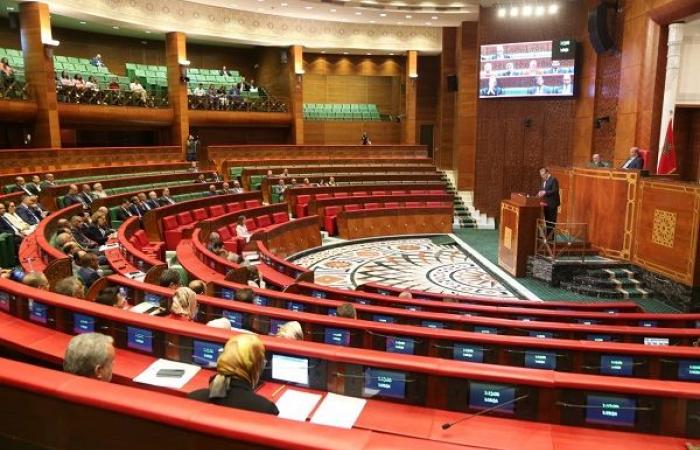This report, presented Wednesday during a plenary session, shows the acceptance of 66 amendments, the rejection of 55 amendments and the withdrawal of 110 amendments.
According to the same source, the proposed amendments mainly concerned the tax aspect, with 177 amendments, followed by the customs aspect (27 amendments), as well as 27 other amendments of various kinds.
The report specifies that the commission began examining the first part of the PLF 2025 from November 19, during seven meetings. This first part of this bill was adopted by 12 councilors, against 2 unfavorable votes and one abstention.
During the general discussion of the PLF, the speakers focused on the international context marked by uncertainty, disruptions, conflicts and the persistence of geopolitical tensions, which has led to a continuous increase in global inflation and its repercussions on the increase in prices of basic products, as well as on production chains.
They also addressed the difficult national context, characterized by low cereal production due to successive years of drought, the impacts of the Covid-19 crisis, the surge in energy prices, as well as the repercussions of the earthquake. Al Haouz and floods in southeastern Morocco.
In addition, the report underlines that the debates revealed divergences regarding the hypotheses of the PLF 2025, such as the growth rate, the level of inflation, the budget deficit, the price of butane, foreign demand addressed to Morocco (excluding phosphate products and their derivatives) and cereal production.
Some interventions considered these hypotheses optimistic, realistic, ambitious and achievable despite international uncertainty and its effects on the national economy, as well as climate challenges, while others considered these same hypotheses to be unrealistic, difficult to achieve and excessively optimistic, going against the indicators and data contained in national and international reports.
On the financial level, it was recalled that this project, which contributes to the strengthening of national financial sovereignty, continues the reform of the sector of public establishments and enterprises (EEP), while strengthening the role of the National Strategic Management Agency of State participation and monitoring of the performance of the EEPs. The said report calls on the government to reassess its budgetary and monetary policies, indicating that the excessive use of debt to finance large-scale projects could worsen the budget deficit, forecast at 4.5% of GDP in 2025, and increase the debt public at 75% of GDP.






